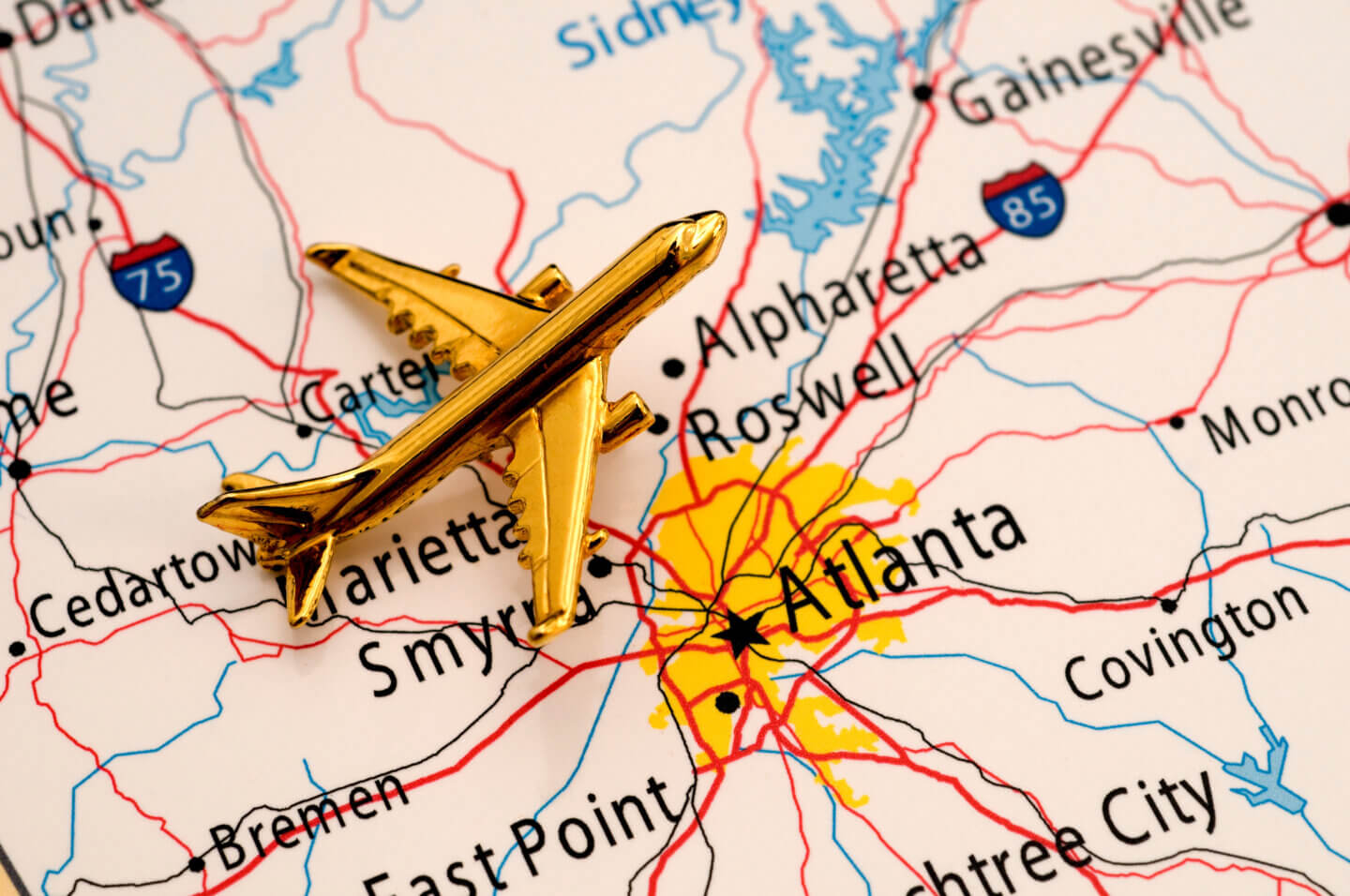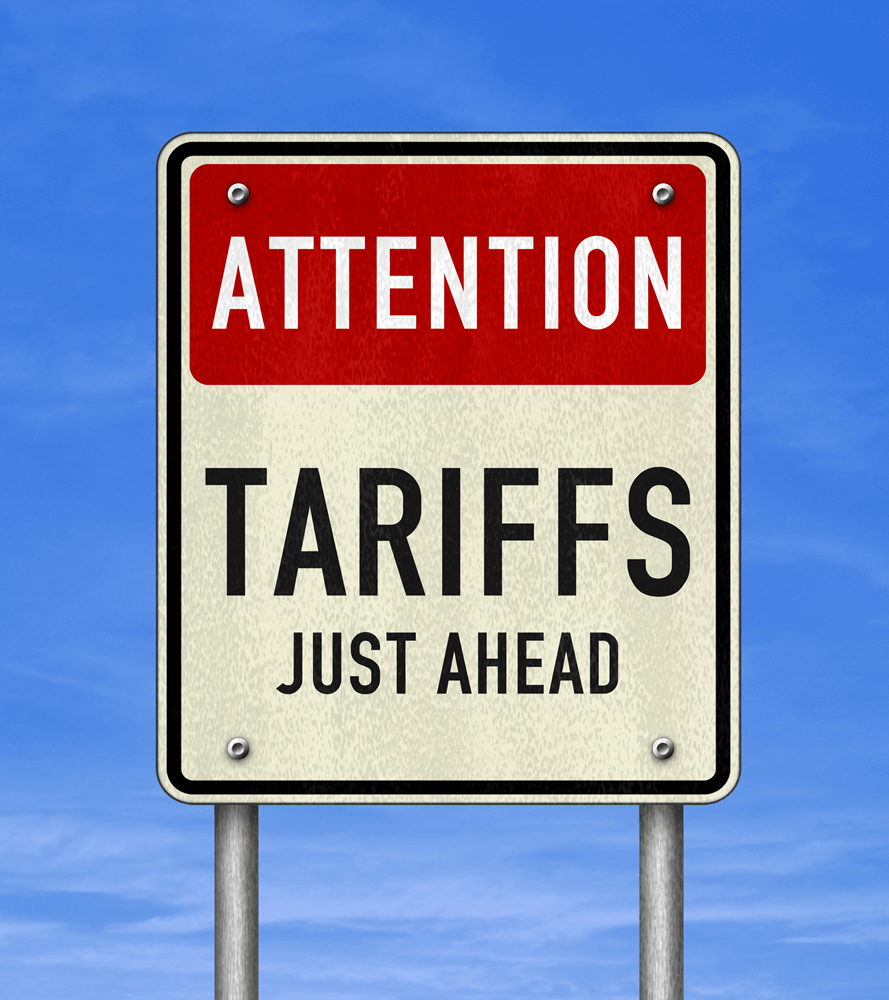Preparing for Supply Chain Disruption

The ripple effect caused by disruptions in the transport of your goods are magnified the more connected global supply chains and the economies that support them become. COVID-19 provided a nearly perfect storm of supply chain disruption. Logistics providers, beneficial cargo owners (BCO’s) and consumers all felt the lingering and costly effects of unprecedented supply chain disruption. Those events clearly illustrate some painful facts. Whether it is a global pandemic, hurricane or other natural disaster, labor unrest or trade disputes, the movement of your cargo will be disrupted or delayed at some point. It is true that no supply chain is immune from these disruptions; however, there are steps you can take to mitigate the risks and minimize the impact to your business. In this article, we discuss different events that could disrupt the transport of your cargo and how you can prepare for them.
Natural Events
Mother Nature can be harsh and it’s true some weather events can be predicted and prepared for in advance. Hurricanes, floods, tsunamis, blizzards and even earthquakes are just some of the natural events that can impact your supply chain. Seasonal weather events like hurricanes, blizzards or even flooding can be costly, however your risk can be mitigated by keeping your options open. Anticipate seasonal disruption by diversifying your transport and routing as much as possible. Consider using alternate carriers and even switching modes, from ocean to air and ground to provide the flexibility needed to weather the storm.
Man-made Events
Remember the painful lessons of the 2017 bankruptcy of Hanjin Shipping and the costly delays many shippers experienced first- hand? Man-made events occur for political or economic reasons and they include the malicious actions of individuals or groups, labor issues and all types of governmental actions.
- Cyber-attacks continue to evolve in frequency and sophistication. Some of the largest ocean carriers have been targets of cyber-attack in recent years including Maersk, Cosco, MSC and CMA CGM. https://www.cyberdefensemagazine.com/global-shipping/ As shipping and transportation industries adapt new technologies and become more connected digitally, the threat of cyber disruption is real. Cyber-attack can be difficult to predict and even tougher to prevent. More key supply chain components are occurring in the cloud, and the importance of reducing risk through tighter digital security has become top-priority within the industry.
- Labor disputes do not usually happen without warning. These events typically occur after negotiations have failed to move parties to a mutual agreement. Keep up with local and national news sources so you have as much advance warning as possible for things like labor strikes or even rioting due to political unrest.
- Government actions cover a wide range of potential issues. Consider the impact of increased tariffs for steel and aluminum imports during the Trump administration. https://www.usitc.gov/press_room/news_release/2023/er0315_63679.htm This is an example of actions taken by the US government that affect the movement of goods in one way or another. Actions by foreign governments can be just as serious. For example, around the world, governments took steps intended to prevent the spread of COVID-19 which had significant impact on air cargo capacity as travel was curtailed and flights cancelled.
Both natural and man-made events cover a wide range of potential threats – too many to for us to list here. Our advice is pay attention to the political and economic situation in the countries your suppliers are located. Whenever possible, book shipments in advance of potentially disruptive events and have a contingency plan in place that includes alternative methods of transportation.
Plan to collaborate and be flexible
Insure your cargo against loss or damage. This may sound like an obvious suggestion, but not all beneficial cargo owners opt to insure their cargo. Talk to your forwarding partner when you book your shipments to make sure you are covered.
Because it is important, it bears repeating. Have a plan in place to manage potential threats. That contingency plan should include alternate transportation options. Engage a logistics partner you can count on when supply chain disruptions occur. LOGISTEED America, Inc. understands you need a partner who will make all the difference in times of crisis.
Finally, be flexible and resilient. The potential for interruptions to the smooth transport of your goods is real and it really is amazing it does not happen more often. Especially when you stop to think about the millions of containers and shipments of all types in motion around the globe at any given time. Contingency plans that allow for flexibility can help ensure your shipments and your business keeps moving forward.
LOGISTEED America, Inc. is here to help keep your business moving.




